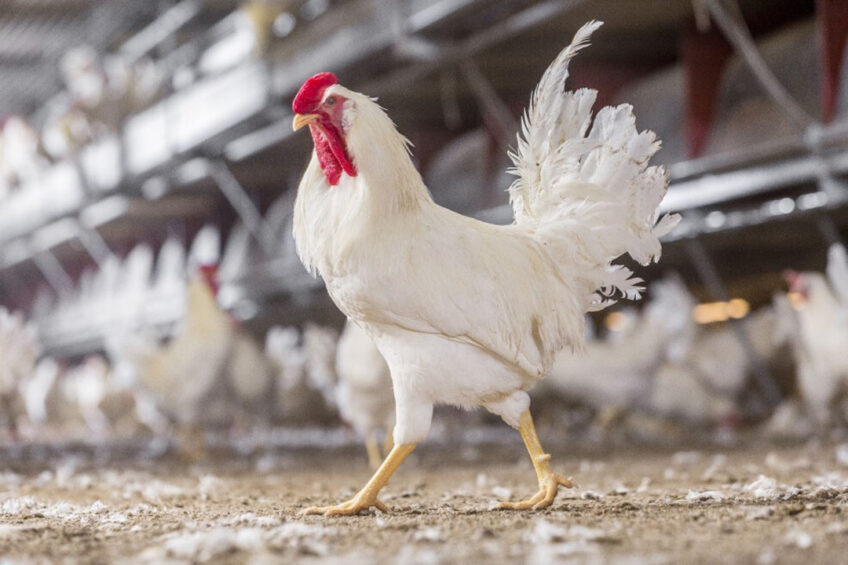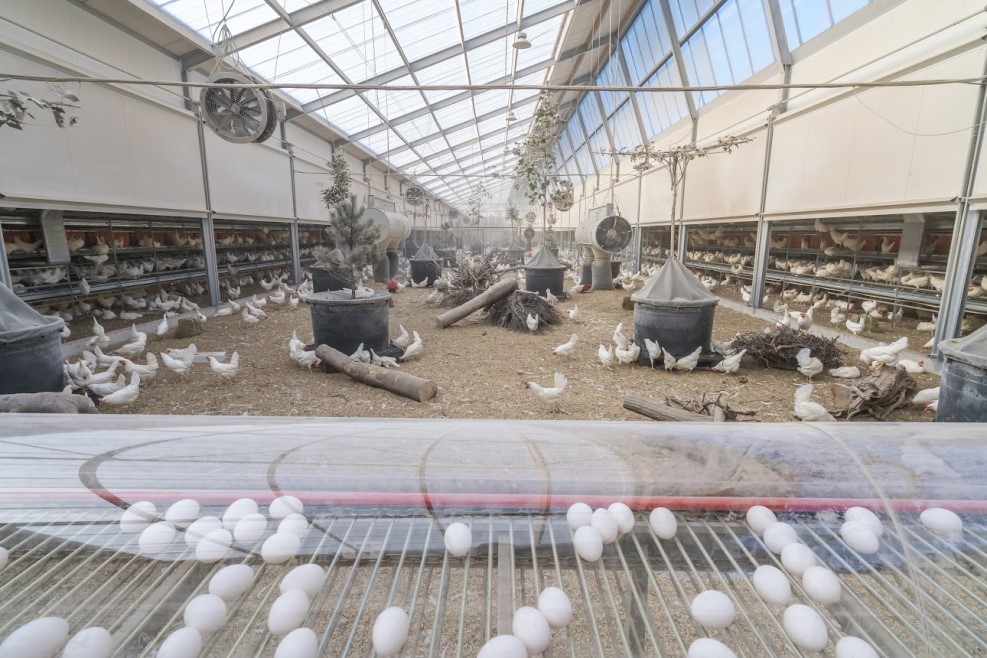First in US begins sparing male chicks as alternative meat source

Kipster has decided to end the culling of male chicks by letting the brothers of laying hens grow up to become an alternative meat source.
In the US, around 300 million male chicks are culled annually in the egg industry. But Kipster, a Dutch company and newcomer to the US egg market, has instead found a purpose for these chickens as an alternative meat source.
In the coming weeks, the first Kipster roosters will reach 15 weeks of age. These American roosters will then be processed into meat products for human consumption.
Sandra Vijn at Kipster: “We are taking responsibility now. We let the roosters live. If people choose to eat chicken, then why not the rooster brothers of our hens? As a result, fewer broilers will be needed for meat.”
An untapped source of protein
Roosters and spent hens from egg farmers are an untapped source of meat, according to Kipster. Layer hens become meat after around 90 weeks after their laying period ends. The company adds that one pound of rooster and hen meat can replace one pound of broiler meat.
Nancy Roulston, senior director of corporate policy and animal science, ASPCA: “Kipster’s welfare-centered approach to egg production shows that suffering is not an inevitability when businesses marry compassion with innovation. The ASPCA hopes that food companies recognize the incredible opportunity Kipster offers to improve animal welfare in their supply chains.”
Dr Hillary Dalton, senior research manager at Compassion in World Farming says that the culling of male chicks represents a “waste of resources to incubate millions of eggs of unwanted male chicks”, adding that the organisation is pleased with Kipster’s “pioneering efforts to eliminate the greatest welfare and waste problems in the US laying hen industry.”

 Beheer
Beheer







 WP Admin
WP Admin  Bewerk bericht
Bewerk bericht